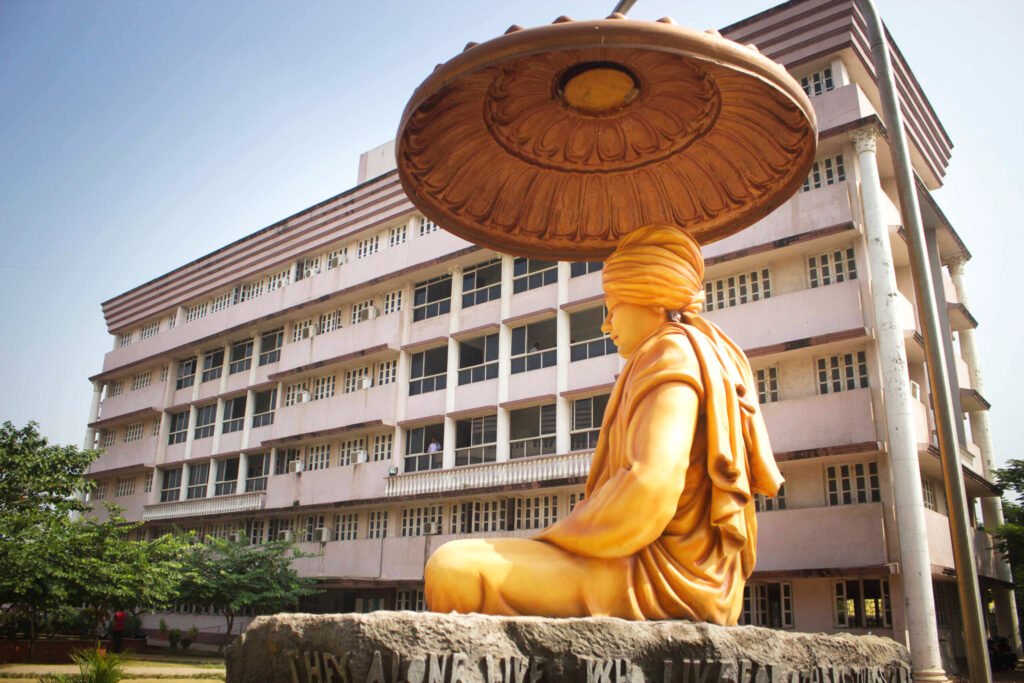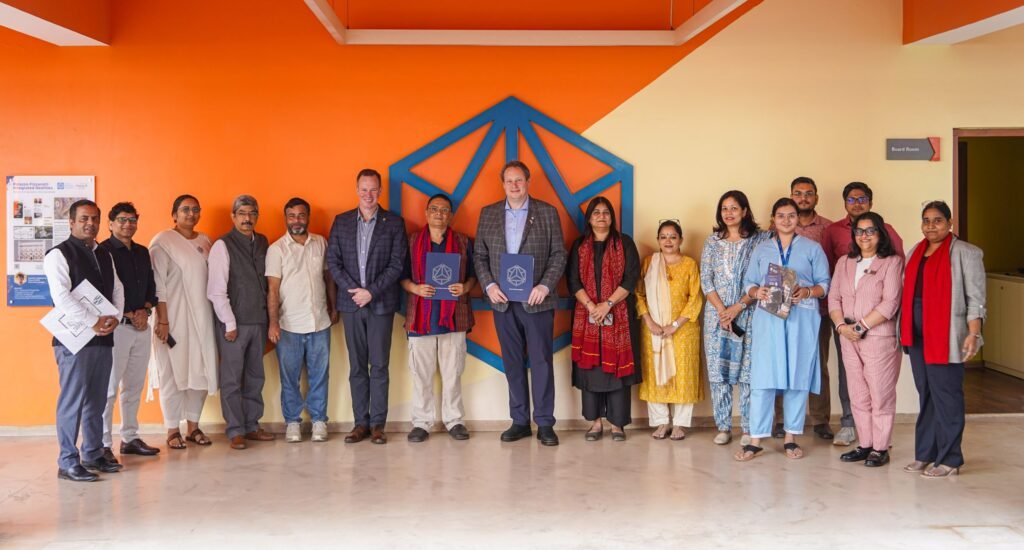- Although there is a huge demand for Portuguese language experts, the University is not able to meet the demand as there aren’t enough trained personnel around.
It’s Tuesday morning and Dhruv Usgaonkar’s phone is buzzing constantly. An associate professor at the Department of Portuguese and Lusophone Studies at the Goa University, Usgaonkar is fielding questions from parents and students eager to hear about the prospects of pursuing a Bachelor of Arts in Portuguese offered by the Goa University and related programmes.
Amidst it all, he receives a call from the Dean of a Goa-based Management Institute inquiring about the availability of teachers to conduct a Portuguese course for the students of the Institute’s integrated MBA course. “There is a massive shortage of Portuguese teachers right now,” he explains to the caller whilst lamenting his inability to meet the demand.
“There is a huge demand for Portuguese language experts and those proficient in the language and interest has been growing, but unfortunately we are not able to meet the demand as there aren’t enough trained personnel around,” Usgaonkar says. It’s not just trainers that are in demand, the staff at the department receives daily inquiries from across the country from companies big and small offering language services seeking candidates to employ, a demand that currently isn’t being met.
Goa University is the only university in the whole of South Asia and one of only two in Asia – the other being in Macau – to offer degrees in Portuguese language. The University offers Bachelor’s and Master’s degrees in Portuguese as well as tie-ups with universities in Porto and Lisbon offering a gateway towards scholarships to pursue postgraduate and higher studies in Europe.
Currently, it has 13 students pursuing their Bachelor’s degrees and eight students pursuing their Master’s degrees while two students are pursuing their PhD via a visiting professor guide and one from Goa is pursuing his PhD from the University of Lisbon via a scholarship.
Ironically, it is students from north India – Delhi, Uttar Pradesh, Bihar, Uttarakhand as well as some other states who make up a bulk of the students opting for the courses rather than locals, many of whom are already familiar with the language thanks to having learned to speak it from their parents and grandparents.
“There are opportunities at the local level, the national level, and international level for professionally trained Portuguese language experts, locally for legal and commercial translation of archival and historical documents and land documents, for teachers, there is a massive demand,” Usgaonkar explains.
“At the national and international level, we are constantly approached by MNC companies to employ staff who can communicate in Portuguese as business ties between India and Brazil, two growing economies have been growing at a huge pace and demand for those who can work in corporate translations and understand technical language are in huge demand. All our students have been employed by multinational companies working companies like Amazon, IBM, Accenture, Embraer, Marcopolo, etc as language experts,” Usgaonkar said.
Companies have also come looking for Hindi-Portuguese translators for jobs like subtitling of Indian soap operas to allow them to be broadcast in Brazil the world’s largest Portuguese market, where they are hugely popular.
However, rather than witnessing a spurt in demand for the courses, interest in the courses hasn’t grown. Only a few of the twenty seats available each year are taken.
Ritu Raj, a third-year student from Patna, followed his brother’s footsteps and is pursuing his BA in Portuguese and hopes that like his brother who was picked up by an MNC and is working from Hyderabad, he too will land a high-paying job in the sector.
“I chose to study Portuguese because the opportunities that present themselves are many and there are only a few who are taking it up,” Raj, who had no knowledge of Portuguese before deciding to pursue a Bachelor’s degree. He had instead chosen Physics, Chemistry, and Maths at the higher secondary level.
Not many see the opportunity
Franz Schubert Cotta, a former student and associate professor in Portuguese, said, “Students in Goa prefer mainstream careers like doctors, lawyers, teachers, etc, and are also perhaps not enthused by the idea of working outside Goa in other cities of India.”
“Within Goa, the only opportunities are as a teacher or as a translator. However, the main opportunities of getting a job as a Portuguese language expert are mainly with MNCs and all our students have availed of these opportunities and are doing very well. Students of north India have already recognized this,” he added.
The department hopes that the growing demand coupled with the allure of a fully paid scholarship – paid for by the Instituto Camões, a Portuguese government-funded overseas institute, and Fundação Oriente, a private foundation – will help spur demand for the course.



